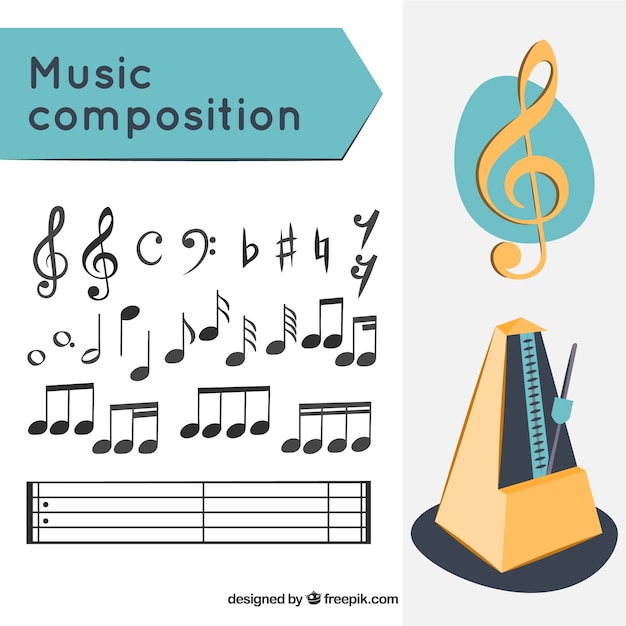
However, this type of degree is available in almost any concentration depending on the institution. Students who pursue this degree will expect to concentrate on performance, composition, and theory. It’s these types of degrees that are almost exclusively offered at conservatories and music departments at universities. The Bachelor of Music is the most common type of music degree. And there are ten different types of degrees which can have music as its focus. One thing to find out is which type of degree you think suits your interests best. There are hundreds if not thousands of options to choose from just in the United States, and your ideal music school is bound to be one of them. With all that said, choosing the right program for you is harder than it looks. This would be an incredible program for a jazz player’s performance degree, but may not be the best for someone who wants to study classical composition. Students of Marsalis receive incredible insights developed by decades of work and phenomenal success. Famous faculty is a huge advantage, as is the case with Wynton Marsalis’s jazz program at the Juilliard School located in the Lincoln Center in New York City. Some programs are more competitive, and others give you a career advantage with top-notch internships. Putting yourself in the right one for you is perhaps the most important part about investing in a music education. As creative people, we are sensitive to our environments. Unfortunately it’s not that easy to choose the right music school. You may have a music school near your house, or your brother or sister may have gone to one school hundreds of miles away and you feel like your legacy should take you there as well.

The whole degree-major name might be a Bachelor of Music in Composition, for instance. Whereas a Bachelor of Music is a degree, your major might be in Composition, or Music Performance. Majors express the subject you are studying in pursuit of your degree. During your course of study, you are in pursuit of obtaining a Bachelor of Arts degree, or a Master of Science. What’s a “major,” and what’s a “degree”?įirst and foremost, we should clarify the difference between a major and a degree.Ī degree is a credential you receive after completing a course of study. Whether you’re a player or composer, an engineer, or a business-minded individual, there’s a specific music degree for you-you just have to focus your interests, and then choose the right program for you. Our evolving educational system has changed the playing field drastically to suit the increasingly diverse needs of music education, especially when technology and science are involved.Īnd You Can Choose Whatever Path You WantĪll you need to study music in college is a burning passion for it, and a drive to improve constantly. That said, it should be clear that studying music in college doesn’t just mean getting a Bachelor of Arts in Music Performance.Ĭolleges, conservatories, and universities are always developing new majors and curriculums for performance and creation, technical skills and engineering, and for the business world. Or, you want to pursue research in musicology, in which case you would most likely need to obtain a bachelor’s degree.Īnd for students who want to focus their education on playing well and exploring deeply into performance or creation, an arts-oriented degree is what you’re looking for. You may be studying commercial songwriting, which ultimately incorporates more psychology-based training than other music majors.

Music is absolutely an art form, but its application in education – and the world – is about as varied as music itself. By Steven Lipman Choosing your Music Degree: Knowing What You Want to DoĪttaining a music degree starts with knowing what you want to do.


 0 kommentar(er)
0 kommentar(er)
